Life
Sign up for our newsletter
We summarize the week's scientific breakthroughs every Thursday.
-
 Genetics
GeneticsThe year in genomes
From the tiny Antarctic midge to the towering loblolly pine, scientists this year cracked open a variety of genetic instruction manuals to learn about some of Earth’s most diverse inhabitants.
By Meghan Rosen -
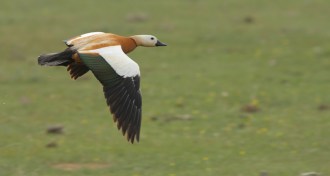 Life
LifeBird flu follows avian flyways
A deadly bird flu virus spreads along wildfowl migration routes in Asia.
-
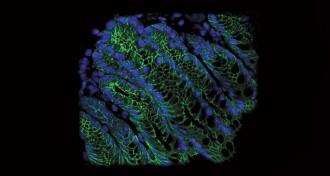 Microbes
MicrobesThe year in microbiomes
This year, scientists pegged microbes as important players in several aspects of human health, including obesity and cancer.
By Meghan Rosen -
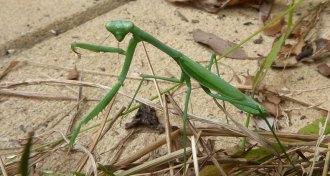 Animals
AnimalsStarving mantis females lie to make a meal of a male
When in desperate straits, a female false garden mantid turns into a femme fatale, emitting false chemical cues that lures in a male to eat.
-
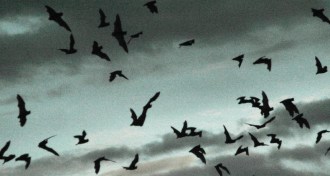 Animals
AnimalsIt’s bat vs. bat in aerial jamming wars
In nighttime flying duels, Mexican free-tailed bats make short, wavering sirenlike sounds that jam each other’s sonar.
By Susan Milius -
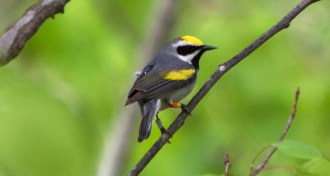 Animals
AnimalsLucky break documents warbler tornado warning
Warblers fitted with data collecting devices for other reasons reveal early and extreme measures when dodging April’s tornado outbreak.
By Susan Milius -
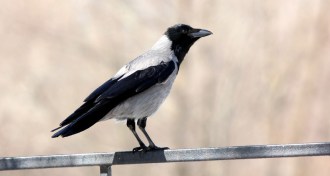 Animals
AnimalsCrows may be able to make analogies
Crows with little training pass a lab test for analogical reasoning that requires matching similar or different icons.
By Susan Milius -
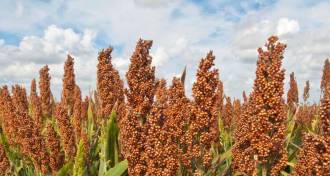 Agriculture
AgricultureRestoring crop genes to wild form may make plants more resilient
Restoring wild genes could make plants more resilient in tough environments.
-
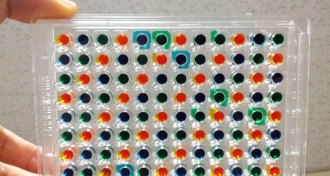 Life
LifeFast test reveals drug-resistant bacteria
A new test uses time-lapse photography to see within a few hours whether individual bacterial cells are vulnerable to antibiotics.
-
 Genetics
GeneticsEvolve and Linkage turn science into games
In the two new games Evolve and Linkage, biological principles are made entertaining and strategic.
-
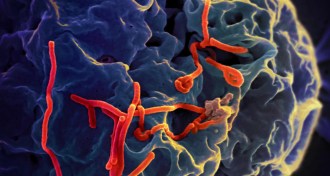 Microbes
MicrobesYear in review: Science faces Ebola epidemic
West Africa’s 2014 Ebola epidemic showed what can happen when a contagious virus emerges where cultural practices, public fears and porous borders fuel the spread of disease.
By Nathan Seppa -
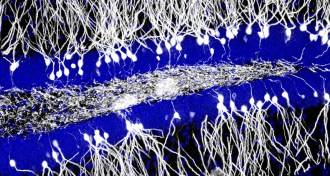 Neuroscience
NeuroscienceYear in review: Memories vulnerable to manipulation
New experimental results in 2014 helped bring scientists closer to understanding how the brain manipulates memories to make sense of the world.